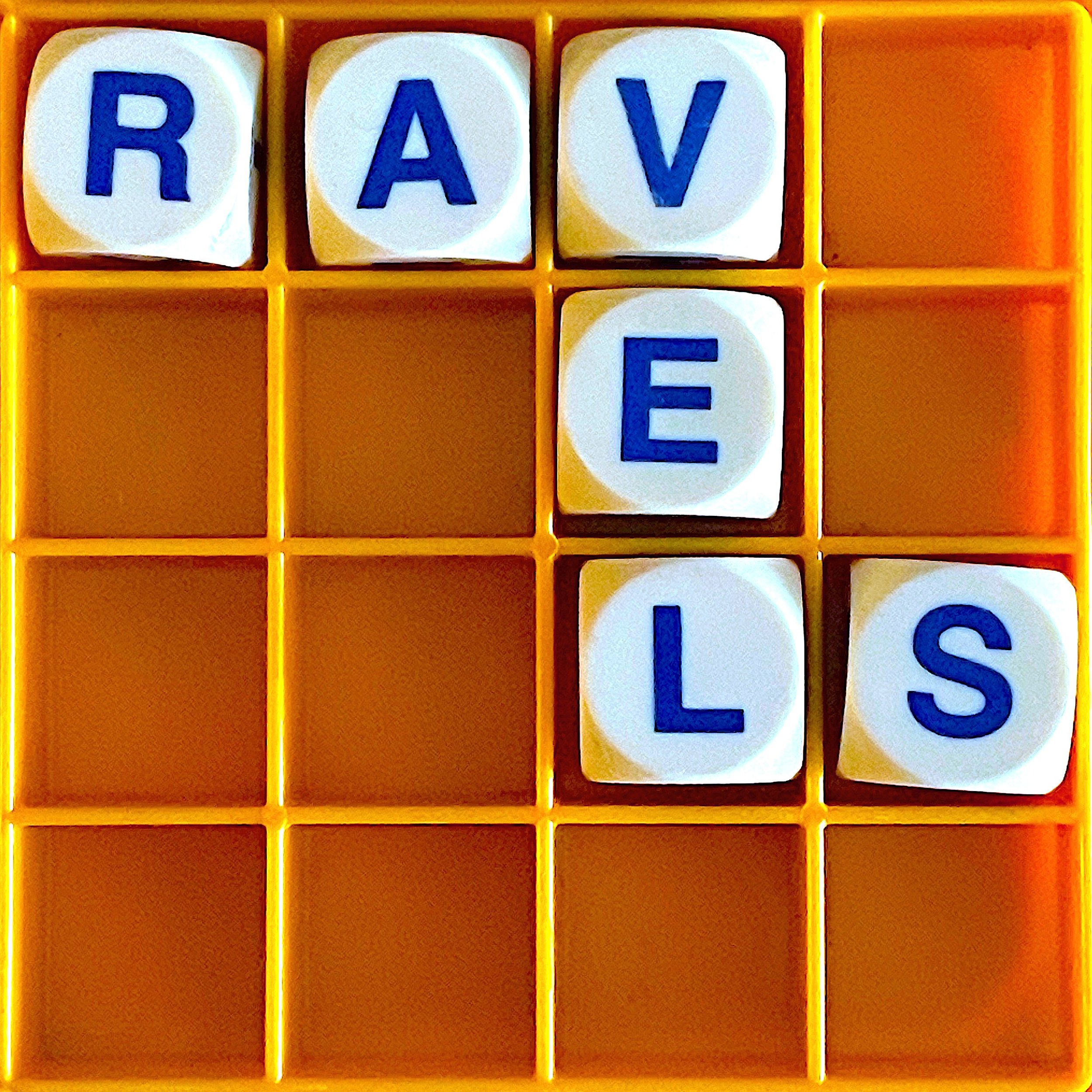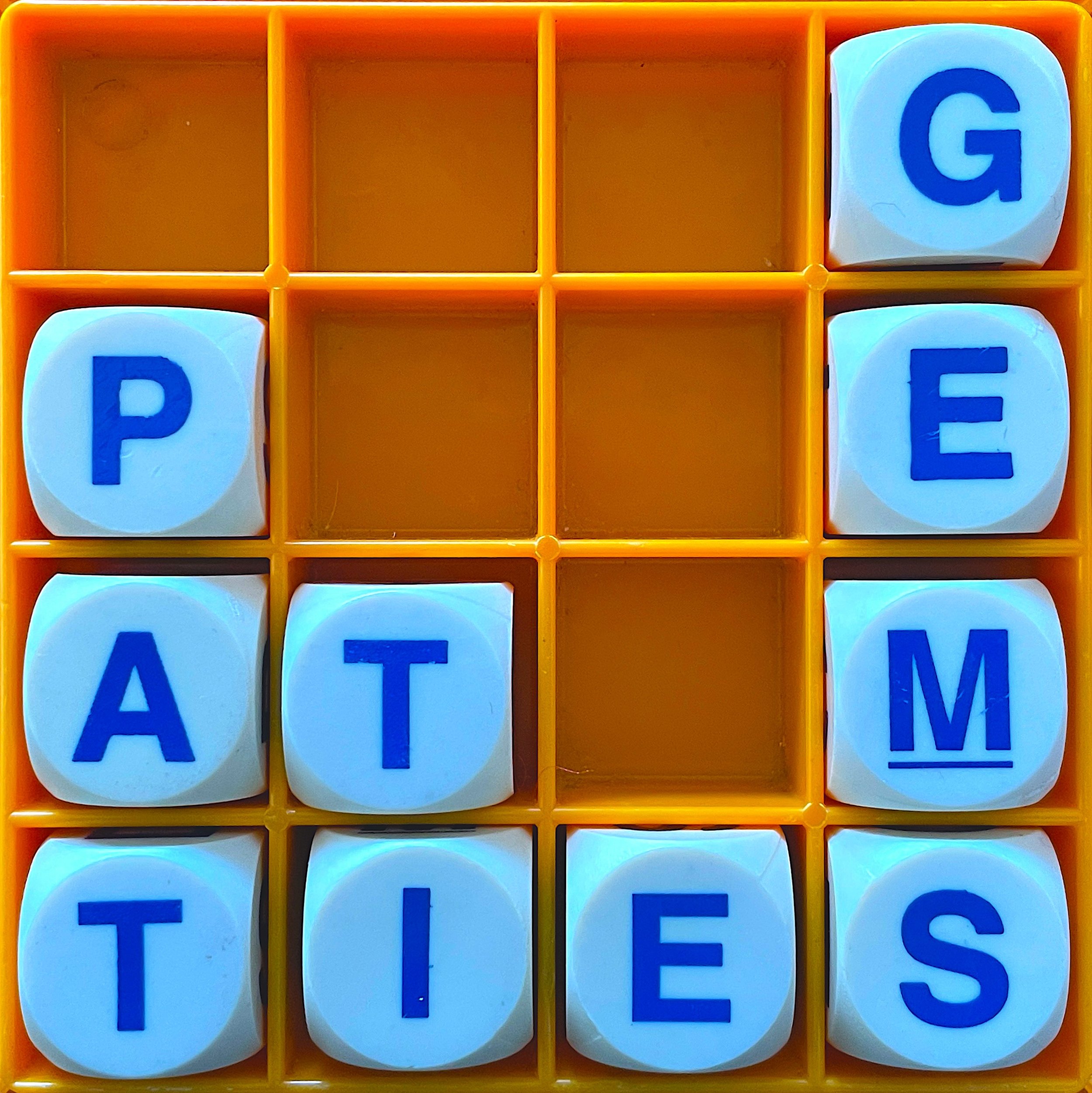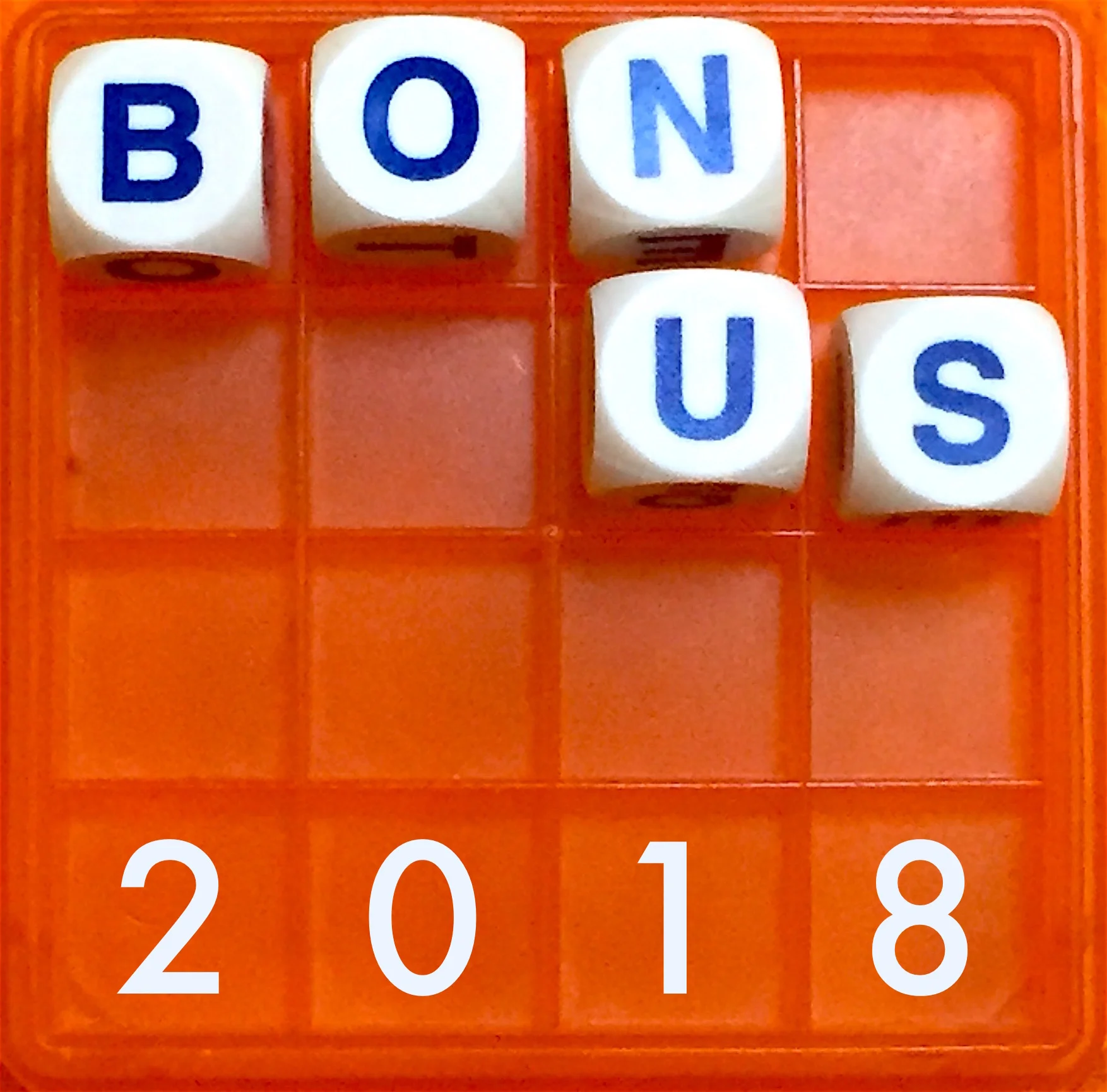MIRIAM FELTON: No; I think, as with most of these things, they're just named after people. The people themselves don't really have much association with it. Like the Earl of Cardigan didn't ever wear a cardigan as far as we know.
HZ: What? What?? I assumed that he was out there on the battlefields in a cardigan.
MIRIAM FELTON: Like a nice fair isle one with all the stranded colour work? That would have been awesome.
HZ: Just some kind of frontally divided knitted garment. But no?
MIRIAM FELTON: No.
HZ: What?!
MIRIAM FELTON: Not as far as we have any evidence.
Allusionist 185 Gems and Patties transcript
I've got a doctorate in this, and I have got dwarfism, but there'll always be an average-sized person whose only recollection of dwarfism is through Snow White, and yet somehow they'll construct themselves as the expert, and tell you it's not offensive or, “No, you've got that wrong.”
HZ: Also by having it on bags of sweets, that's kind of the ultimate “It's okay to say this in normal conversation”.
ERIN PRITCHARD: Yeah. But you do get through to some people, some people go, “I never realised that. I never knew that.”
Read moreAllusionist 118 Survival: Bequest transcript
ELIZABETH KEREKERE: I'm so convinced that transphobia, biphobia, homophobia are such an integral part of colonisation, I reject that as a colonial construct, I reject it as racist.
As they took our land - tried to take all of our land, tried to take all of our language and suppress our culture, they also took our expressions of sexuality and gender. And that is important to us in a core part of our culture, especially because the way that the institutional racism, the intergenerational trauma that is the legacy of colonisation has impacted on us and the levels of discrimination against people with diverse genders, sexualities and sex characteristics, that we see that all of this, all of this was a massive attempt to cover up what was already there and pretend it never happened.
Allusionist 91. Bonus 2018 - transcript
Today’s episode is the annual bonus Allusionist, featuring outtakes from some of this year’s guests saying things that were not necessarily related to the topic of the original episode, or even related to language at all, but I thought, “Hmm! Interesting!” and filed them away until THIS MOMENT.
This is not a typical episode of the Allusionist, so if this is your first time here, welcome! And do try a few different episodes of the show to get a picture. This year there have been episodes about your names, and superhero names; about how swearing can be good for your health, and so can novels; about tattoos, and typing champions; about how the drive to survive sent the Welsh language across an ocean, and the Scots language to hide at home; and many more. Thanks so much for spending time with me over 2018.
Read moreAllusionist 76. Across the Pond - transcript
HZ: We’ve all noted by now that Americans don’t spell colour or neighbour with a ‘u’ because who needs it, and Brits snigger uncontrollably at ‘fanny pack’. We know American and British Englishes are different, but the question is “Why?”
LYNNE MURPHY: People will say to me, "Why do British people say this and American people say that?" and I'm like, "Well, because they learned English in different places."
Read moreAllusionist 33: Please - transcript
Growing up in England reading American books and watching American films and TV, I deduced that 'pants', 'biscuit', 'chips' and 'fanny' don’t mean the same in the US as they did at home. But I thought I was on familiar ground with the word ‘please’. Technically ‘please’ does mean the same thing in both places, but I had absolutely no idea it is deployed quite differently on our respective sides of the Atlantic.
Until the piñata of my ignorance was smashed open by linguist Lynne Murphy, who has been researching ‘please’.
LYNNE MURPHY: Several people have observed that the British say ‘please’ twice as much as Americans do. But they generally hadn’t looked at if there was a reason for that, other than assuming the British are more polite - more particularly, the English are more polite than Americans. So we wanted to go in and look at when British and American people are using ‘please’, and see if it’s just that Americans don’t bother so much, or are they using the word for different jobs?
Read more





